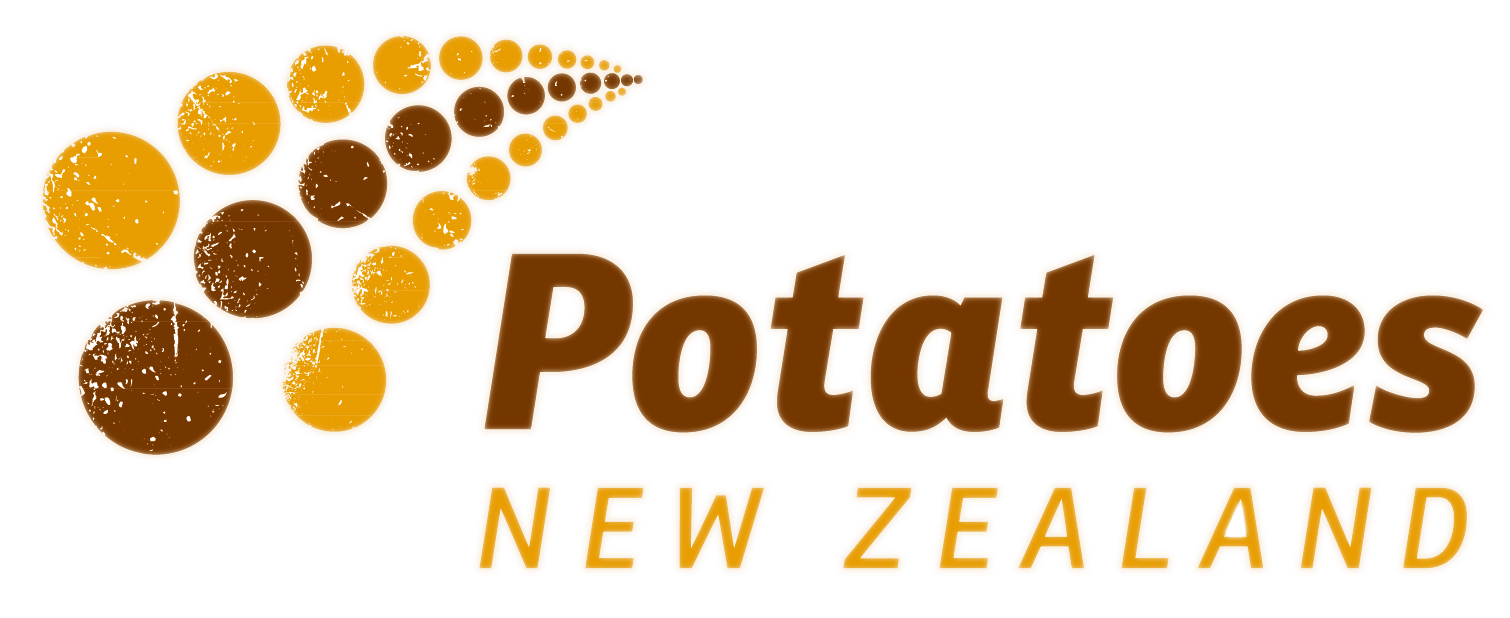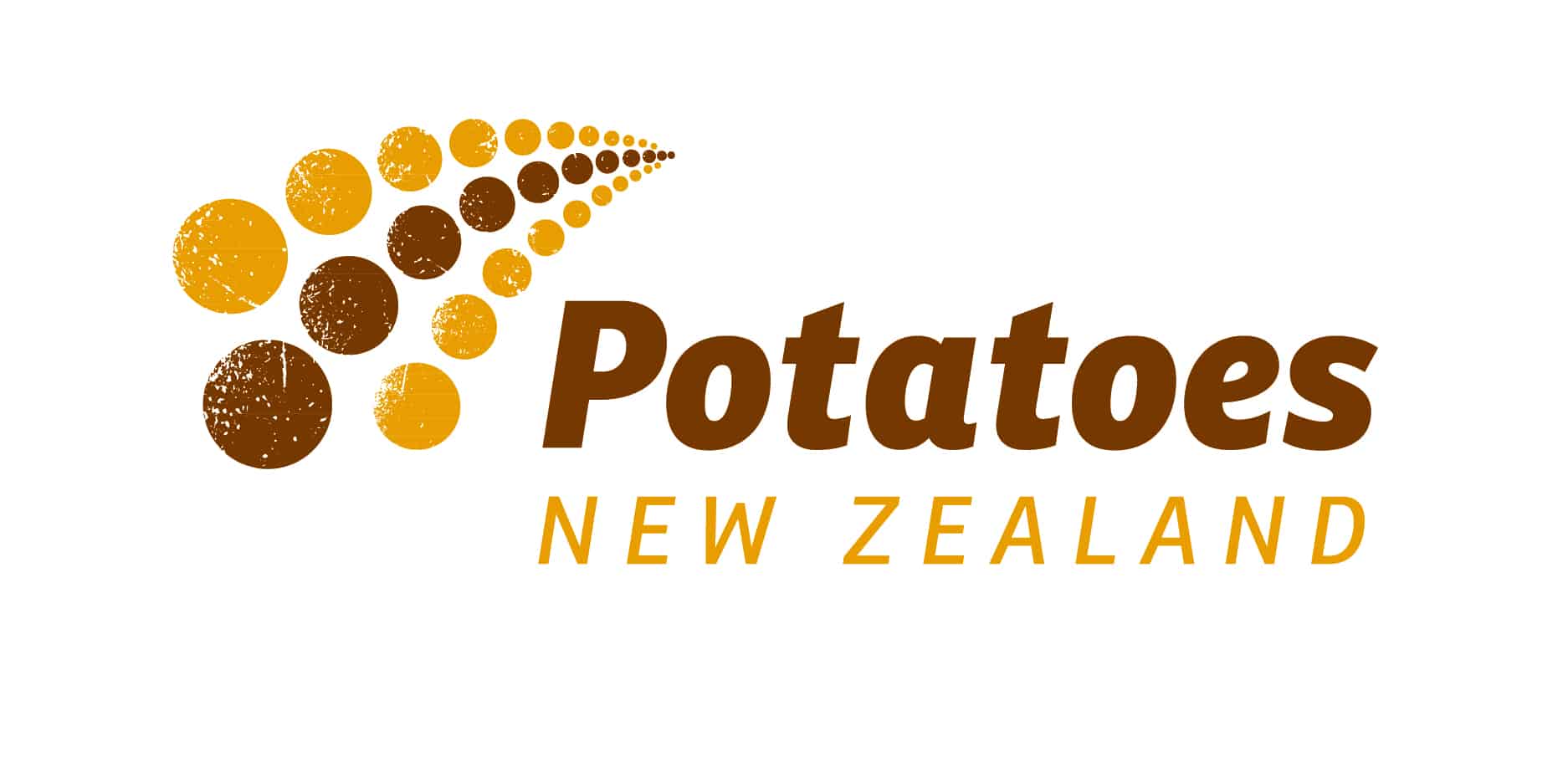These are the current projects for our Industry.
A detailed list of current and completed projects, with the latest updates, can be found on our website in the R&D/Projects headings https://potatoesnz.co.nz/research-and-development/research-projects/
PNZ 1 PFR MBIE Realising Potato Export Value
Lead Organisation: Plant & Food Research
Objective:
- Understanding and manipulating insect behavior
- Population genetic variation of TPP in relation to NZ growing regions and the distribution of Lso and Zebra Chip disease
- Understanding host plant response.
PNZ 10 Tamarixia
Lead Organisation: Market Access Solutions
Objective:
This project will identify effective release strategies of T. triozae in New Zealand using a series of pilot releases adjacent to field crops (potatoes). Multiple releases will then be made around the country to ensure the establishment of T. triozae in New Zealand horticultural environments. The project will evaluate the establishment of T. triozae as a Biological Control Agent (BCA) of TPP in these horticultural environments through post-release monitoring. Information gathered on T. triozae distribution, survival and parasitism rates from these pilot releases will be used to assist growers from all industries to integrate T. triozae into each of their pest management programmes.
PNZ 12 Don’t Muddy the Waters
Lead Organisation: AgriLink
Objective:
Develop a tool that will inform practices and will be incorporated into farm specific environment plans that will have to be developed for growers (this is the case already for the Horizons region). It will also provide the basis for a robust independent farm plan audit through NZGAP. Trial results will be incorporated into an excel based tool that can be used to aid decision making by farmers and regulators on erosion and sediment control measures.
PNZ 24 Maximising the Value of Irrigation
Lead Organisation: Plant & Food Research & Landcare
Objective:
The 2013–2019 MBIE programme ‘Maximising the Value of Irrigation’ (MVI) is undertaking research to develop management strategies and new technologies that support industry to improve productivity, minimise wasted water, and reduce negative environmental impacts from irrigated land.
PNZ 26 Exploring Spongospora suppressive soils
Lead organisation: Plant & Food Research
Objective:
This project is investigating, in different field soils, previously indicated suppression of potato diseases (tuber powdery scab and root galling) caused by the pathogen Spongospora subterranea. The research focuses on fields in the North Island of New Zealand, where evidence exists of differences in conduciveness/suppressiveness to diseases caused by Spongospora. Laboratory and greenhouse experiments (Phase 1) will determine the extent of disease “suppression” that occurs, and (in parallel) characterise the physical, chemical and biological properties of the different soils. Phase 2 will aim to determine the mechanism(s) of disease suppression identified in the first phase of the study. These may include biological (and possibly transmissible) suppression, or chemical/physical general suppression (which may be manipulable).
PNZ 27 SFF Precision Agriculture
Lead organisation: Potatoes New Zealand Inc & Plant & Food Research & Landcare Research
Objective:
This project will use precision agriculture technologies to detect plants which are re-greening and target further application of desiccants and insecticides only to this small area of the paddock. It will use hyperspectral technology to detect Liberibacter infected plants enabling these plants to be targeted with hand rouging to reduce infected seed tubers. It will use precision agriculture maps of re-greened plants or zebra chip infected areas (high risk areas) and using guidance systems at harvesting to either avoiding harvesting these areas or segregating at risk tubers on the harvester. Information will be transferred to farmers throughout the project by involving them as host farmers, running field days and producing fact sheets.
PNZ 28 PFR SPTS13802 Potato Breeding Program
Lead Organisation: Plant & Food Research
Objective:
The Plant & Food Research (PFR) potato breeding programme focuses on improving yield and quality (increasing marketable volume from current production), whilst also exploring higher value new products (increasing value). The breeding pipeline is developing new fit-for-purpose varieties that are adapted to lower inputs under NZ environmental conditions, as well as having heavy selection for increased tolerance to diseases such as Zebra Chip. The breeding effort is part of an integrated science research programme that is developing genetics for a future where sustainable growing systems are compulsory, access to healthy food is a priority and niche products are a premium.
PNZ 29 Agroecological Crop Protection
Lead Organisation: Horticulture New Zealand
Objective:
The PGP programme will position New Zealand to become one of the most desirable sources of food in the world, based on the agroecological crop protection practices that will be adopted by the horticulture, arable and wine sectors. There will be greater focus on overall plant health and the plant at the centre of the agroecosystem, and crop protection programmes will be built around that. There will be a reduction in agrichemical use over time, and overall crop protection will have a lighter touch on the environment and be more sustainable.
Update – Not yet started
PNZ 42 Pulse Electric Field Project
Lead Organisation: Otago University
Objective:
Pulsed electric field technology (PEF) applies microsecond pulses of electricity to alter cell permeability and structure and is used commercially overseas as a unit operation in potato fry and crisp manufacture. The use of PEF to mitigate the effects of Candidatus Liberibacter solanacearum infection of potatoes on final fry quality has not been previously reported. The ability of PEF in fry and crisp manufacture to reduce the amount of sugar in the potato and to a lesser extent to reduce frying time and temperature were the rationale for using PEF to mitigate to the adverse effect of Liberibacter-infection on potato fry quality. A pilot PEF plant was leased and a series of trials run at a commercial French fries processing plant in New Zealand.
PNZ 57 Spectral Imaging Project
Lead Organisation: Massey University
Objective:
The project seeks to apply vision-processing techniques to hyperspectral video images to generate a flat surface map of each rolling tuber, from which the probability of Liberibacter infection is calculated. Thus allowing the opportunity to selectively grade out infected tubers prior to processing (or marketing in the case of table potatoes).
PNZ 62 Future Proofing Vegetable Production
Lead Organisation: Landwise
Objective:
Manawatu’s and Gisborne’s intensification and vegetable focused regional economic growth goals require new growing systems as waterways are under severe stress. This project introduces common pool resource management and draws on and supplements recent and current research to develop new generation good management practices.
New production and nitrogen mitigation techniques will be developed and tested, industry trained and case studies presented nationally via publications, online, field days and workshops.
PNZ 65 Economic Modelling for Potatoes
Lead Organisation: The AgriBusiness Group
Objective:
Develop at gross margin models for seed, process and table potato production in New Zealand in order to monitor the Strategic Objective ‘Increase profit from productivity by $150 per ha per annum’.
PNZ 67 Remote Sensor Nutrient Management Trials
Lead Organisation: Potatoes New Zealand Inc.
Objective:
Establish the operational capabilities of Teralytic probes in New Zealand.
PNZ 72 Day Degree Graphs
Lead Organisation: Plant & Food Research
Objective:
PFR have provided regional degree day graphs to Potatoes NZ for the Matamata, Manawatu, Mid Canterbury, South Canterbury and Pukekohe growing areas. These graphs indicate the number of potential generations of TPP from 1 July. In the graphs, the current year tracks against a historic warm and cold year for that region, which growers use to assess the possible extent of the TPP problem in their crops this season.
PNZ 73 NZGAP Soil Erosion and Phosphate Dashboard
Lead Organisation: Agrilink
Objective:
Preparation of 4 Erosion & Sediment Control Plans (Waikato x 2, Levin, & Cant.). These are required as a component of a Farm Environment Plan 1.
Pilot online data collection tool (DELV 2 or Formstack) with four EMS members (NZ GAP to select). This will test functionality and identify issues. Investigate how the information can flow through for council reporting. Testing will be conducted on the soil management module of the FEP and EMS checklist.
Prepare and work through with the 4 growers who the E&S Control Plans were prepared for, the NZ GAP: Checklists, Corrective/Development Actions, BMPs, Auditing, and Tracking. Report on the process and outcomes.
Evaluation of the soil component of the FEP process. 1. Plan development, 2. Audit process, and 3. Do the mitigations lead to environmental change? Linking research to implementation and outcomes. Outcomes focused rather than process. The use of NZ GAP by Pukekohe/Waikato growers as part of Plan Change 1 requirements.
The capturing and use of soil metrics. Determine what metrics can be recorded and tracked. Present the concept of how these metrics could be used in both a national level dashboard and in an individualised benchmarking report (similar to the SWNZ reports but based on soil health). The metrics may be based on the NZ GAP checklist and DMTW app on mitigation measure changes.
PNZ 74 PMTV Survey
Lead Organisation: Potatoes New Zealand Inc.
Objective:
To determine the extent and national distribution of Potato Mop Top Virus, through a nationwide survey of the 2018/19 seed, table and process potato crops.
PNZ 75 Consumer Desired Flavour
Lead Organisation: Plant & Food Research
PNZ 76 Potato Metabolites
Lead Organisation: Plant & Food Research
PNZ 77 GI Impact of Potato Varieties
Lead Organisation: Plant & Food Research
PNZ 78 Ag Chemical Strategy Project
Lead Organisation: Market Access Solutions
Objective:
Since 2015 a project to develop a vegetable industry agrichemical strategy has been coordinated by Market Access Solutionz. Two years ago the project moved to a maintenance phase involving annual updates of tick sheets, crop profiles, risk assessments, analysis of control priorities and possible replacement agrichemicals.
PNZ 79 Nutrient Emissions Project
Lead Organisation: Potatoes New Zealand Inc.
This project is being launched at our biennial conference 14th August 2019.


